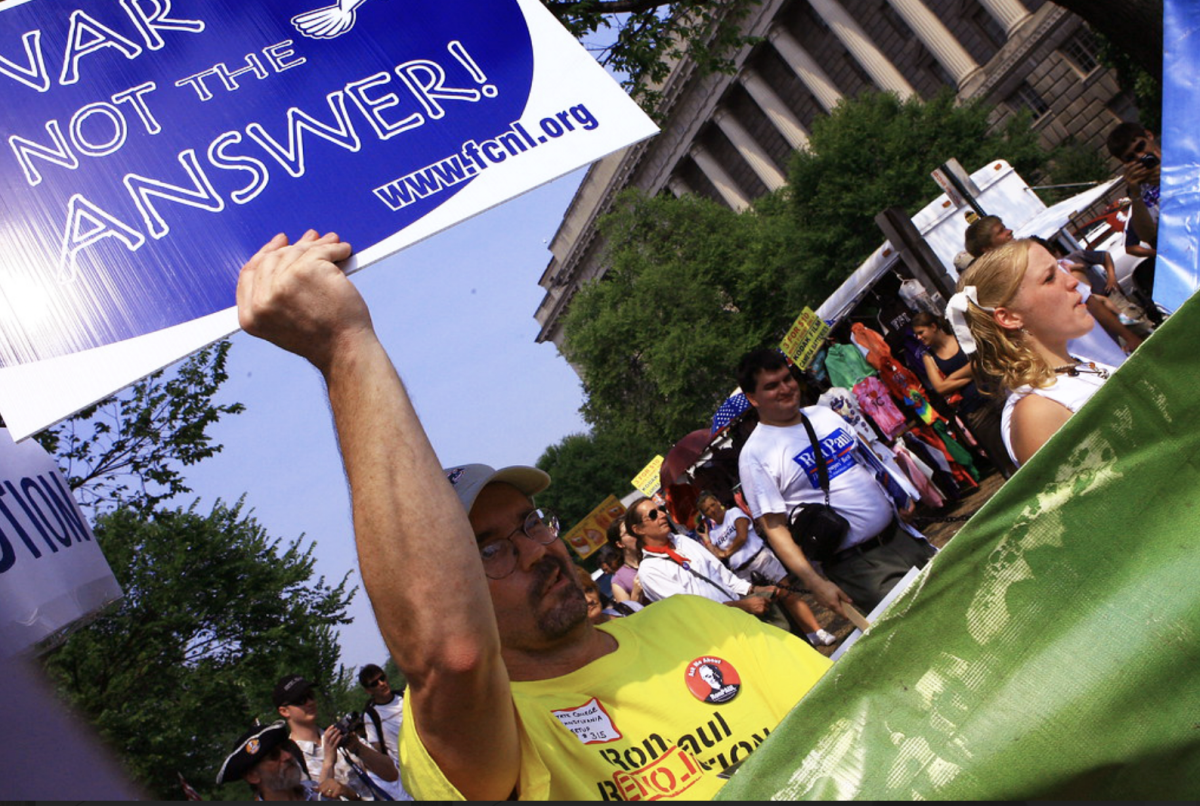On Oct. 29, nine days after former President Donald Trump’s gag order was temporarily lifted, it was again federally reinstated by District Judge Tanya Chutkan. With the resumption of the order, Trump is legally prohibited from publicly attacking potential witnesses or court officials involved in his case.
According to Cornell Law School, a court imposes a gag order to stop attorneys, defendants or witnesses in lawsuits or criminal cases from speaking to the public about the case. If an order is neglected, then the person is eligible for fines or jail. While some argue that gag orders are violations of the First Amendment and are unconstitutional, the Supreme Court has set the precedent of gag orders as constitutional in some circumstances.
Trump has pleaded not guilty to each of his charges, including the carrying of classified documents at Mar-a-Lago, interference with the 2020 election, attempted interference with the 2020 elections in Georgia and paying hush-money in 2016.
According to AP News, Trump’s charges could result in up to 20 years in jail. However, all 91 of Trump’s demands could lead to significant fines and extended periods of jail time.
Despite the potential repercussions, Trump has continued to attack public figures online. Recently, Trump posted about his former Chief of Staff on his social media site, Truth Social, “I don’t think Mark Meadows would lie about the Rigged and Stollen 2020 Presidential Election.”
These statements caused the judge to reinstate Trump’s gag order on Oct. 29, as the judge viewed Trump’s statement as malicious toward Meadows, a witness in the case.
Trump sees this gag order as a way for his potential presidential opponent to silence him ahead of the 2024 Presidential Election. Trump’s legal team has repeatedly stated that this gag order violates his First Amendment rights.
Trump’s claims about its constitutional violation have been rebuked numerous times; Assistant United States Attorney Dustin Chao said in an interview with Horizon, “You don’t have free speech to say whatever you feel in a courtroom. A courtroom is just a different space.”
“The Former President states he is being mistreated in his four indictments,” added Chao. “He’s not treated like any criminal defendant. I don’t think anyone can ignore that he is a polarizing figure due to his former position as the president of the United States.”
Attorney Barry Pollack of Harris St. Laurent & Wechsler LLP and former President of the National Association of Criminal Defense Lawyers stated in an interview with Horizon, “The courts need to make sure that all parties get a fair trial and the staff is safe and the witnesses are not intimidated.”
If Trump is convicted, senior and Sidwell Political Union Head Kevyn Orr said he “will find it difficult to vote for someone who has blatantly violated the law and shows no remorse.”
Senior and Sidwell Political Union Head Myles King agrees, but worries that Trump’s grasp on the Republican party will allow him to win the 2024 election.
“Facing jail time for speaking out, going against authoritarian rule or violating some other unjust law might improve a candidate’s popularity,” said King.











































